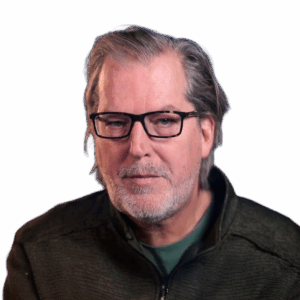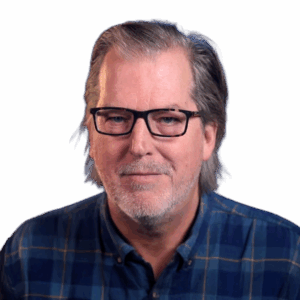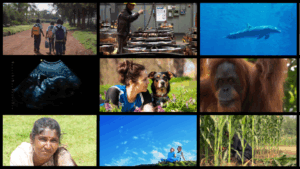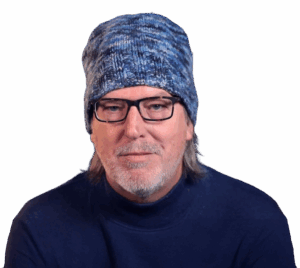Description
In this Frankly, Nate reflects on ten dichotomies that he sees prevalent in our current culture of information consumption and media. We are increasingly bombarded with news from traditional media outlets as well as emerging smaller platforms. Yet interpreting these inputs depends on the individual and societal lenses we use, alongside the presentation of and quality of the information itself. Further, how are academic and scientific sources of information becoming increasingly gatekept – accessible to only those who can pay? What should individuals keep in mind as we navigate biases and underlying intentions surrounding journalism and educational content? Are we able to set aside our internalized perspectives of the world and listen to what is being said – rather than leaning into what our identities want us to hear?
In French, we have a motto that says that a simple drawing is often better than a long explanation. Jean-Marc Jancovici Carbone 4 President
That’s very understandable because with left atmosphere thinking, one of the problems is that you see everything as a series of problems that must have solutions. Iain McGilchrist Neuroscientist and Philosopher
We can’t have hundreds and hundreds of real relationships that are healthy because that requires time and effort and full attention and awareness of being in real relationship and conversation with the other human. Nate Hagens Director of ISEOF
This is the crux of the whole problem. Individual parts of nature are more valuable than the biocomplexity of nature. Thomas Crowther Founder Restor
Show Notes & Links to Learn More
Download transcript03:10 – Sensationalism
05:15 – The 4th Estate, the 5th Estate
06:30 – COVID Science Updates
07:50 – The effects of noun-ification
09:05 – Issues with information availability
09:58 – Walter Cronkite
10:58 – Propaganda
12:02 – Chuck Watson: “NATO in Ukraine: from Proxy to Participants”
13:17 – Metamodernism







